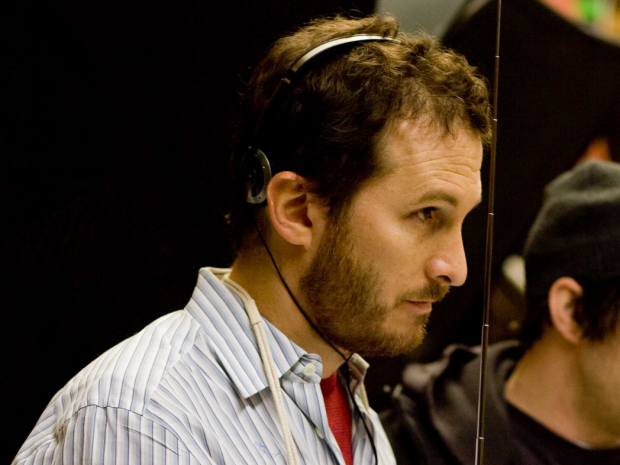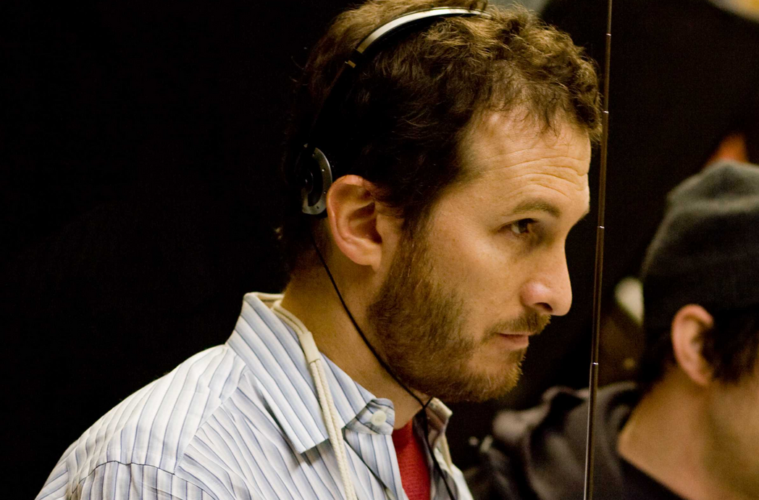
Dailies is a round-up of essential film writing, news bits, and other highlights from across the Internet. If you’d like to submit a piece for consideration, get in touch with us in the comments below or on Twitter at @TheFilmStage.
After reading our review, at The Guardian, check out Quentin Tarantino‘s thoughts on Interstellar:
“It’s been a while since somebody has come out with such a big vision to things. Even the elements, the fact that dust is everywhere, and they’re living in this dust bowl that is just completely enveloping this area of the world. That’s almost something you expect from Tarkovsky or Malick, not a science fiction adventure movie.”
Watch a recent 90-minute conversation with Darren Aronofsky, the just selected as Jury President of the Berlin International Film Festival:
At The Dissolve, Scott Tobias on the cheapening of independent film:
There are arguments to be made in favor of the new digital order: Movie lovers don’t have to live in New York or Los Angeles to see a movie when it comes out. Distributors don’t have to pay to strike and ship prints. Viewers have a choice to see movies when they want and how they want. But the release of One Chance symbolically underlines a point that I think is undeniable: Independent movies have been rendered nearly worthless, at least in theaters. And that isn’t limited to One Chance, where it’s literally available right now for free. Nor is it limited to pre-theatrical or day-and-date VOD, where viewers can watch films at home before or during their theatrical runs for a fraction of the cost. It also affects movies that forego any of those arrangements and still abide by the old way of doing things. Moviegoers aren’t always aware what specific titles are available before, during, or after their theatrical runs, but on balance, there is an awareness that many can be seen early on video, and the rest will follow shortly. So the next thought is, “Meh. I can just watch this at home.” That’s true of One Chance. And that’s also true of terrific bigger movies like The Guest or Whiplash, which unfortunately pay the price of devaluation despite first being exclusive to theaters.
From Press Play, watch a video essay on David Lynch‘s collective dream and beautiful nightmares:
At The Week, Scott Meslow on how trailer mania is ruining film culture:
It’s a cycle that could be seen in last week’s mysterious Marvel event. Step one: Marvel announces it will be hosting a special event. Step two: Bloggers speculate wildly as to what might be announced. Step three: Marvel actually holds the event, revealing a massive slate of superhero movies bound for theaters over the next eight years. Step four: Bloggers report the news, and use it as fodder for any number of stories in the months or years to come — speculation, explainers, suggested casts, actual casting notices, trailer releases, trailer breakdowns, and an endless stream of variably plausible rumors, right up to a movie’s actual release date.
At Badass Digest, Devin Faraci on wrestling with the flawed ending of Fury:
War will destroy everything good and beautiful, including the ideals of the men fighting in it. That seems to be the thematic center of Fury, a thematic center encapsulated brilliantly in the sequence where German mortar fire destroys the building where Wardaddy and Norman had just found something approximating comfort, and the corpse of sweet young Emma lays next to the corpse of the piano Norman had just been playing.

